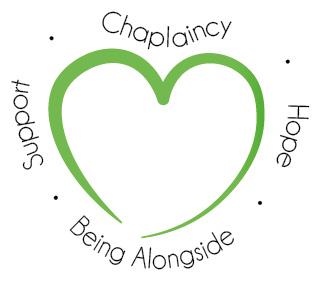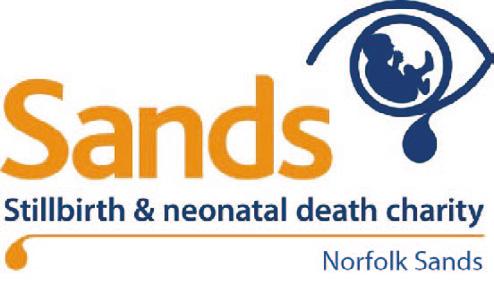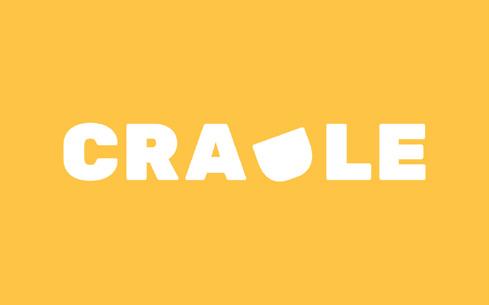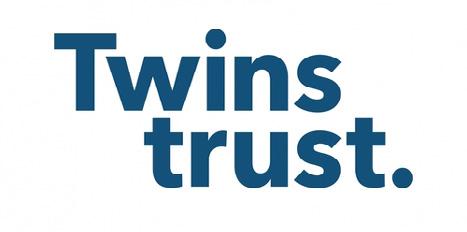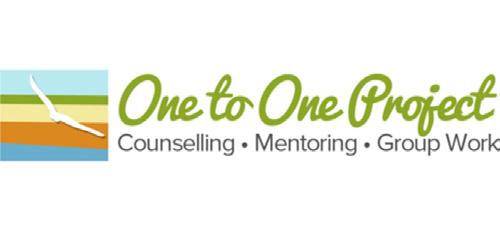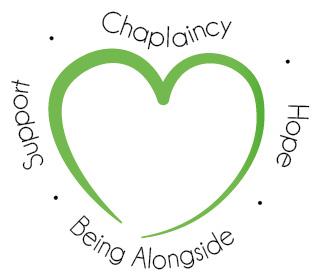Your feelings
You and your partner have both suffered a loss. But after the death of a baby, attention often focuses on the mother, and her partner’s feelings can be overlooked.
People may ask you how the baby’s mother is and not even think to ask about you. Some people won’t find it easy to ask you about your feelings, while others may assume you are less affected than your partner.
You may even find you are expected to hide your feelings in order to be strong for your partner.
There is no right or wrong way to feel after a death of a baby, but it is perfectly normal to experience any of these:
• Shock
• Anger
• A sense of loss
• Feeling isolated and lonely
• Guilt
• Feelings of failure
• Feeling helpless and frustrated
• Finding it hard to concentrate
• Impatience - to get back to normal or try for another baby
• Anxiety - about your partner, your relationship or a future pregnancy
Your sense of loss
After the death of a baby, people often assume that the mother’s loss is greater than her partner’s because of her physical connection to the baby. This may be true for you. You may feel disappointed rather than distressed. You may even think your partner is over-reacting.
But some partners have a deep sense of loss. Maybe the pregnancy felt real to you because you saw a scan or felt the baby move. Maybe this was an especially precious pregnancy for you as a couple.
For some partners the grief can be intense and hard to cope with. And you may need to turn to others (see Talking to Others on pages 5-6).
We just wanted to be parents... I couldn’t talk. The pain was so overwhelming. I just sobbed.
Practical and emotional support
As a partner, you might be expected to take the lead role in telling family and friends, liaising with health professionals, making funeral arrangements and supporting your partner. This can feel overwhelming, particularly when you are also grieving for your baby.
Consider asking for help when you can. Below are some ways of coping if you find it a struggle to keep on telling people the same news:
• Speak to one or two close friends/family and ask them to tell others
• Use social media, email or text if this is your usual form of communication and advise people how you would like them to contact you in the coming weeks and months
• Use phrases such as “I have some sad news” at the beginning of the conversation and “I can only talk for a few minutes” to give yourself a reason to end the conversation
• Try not to feel that you have to answer everyone’s questions. Say only as much as you feel able.
Your friends and family may not know what to say to you. As your news will be upsetting to other people, you might feel you have to support them, or apologise for upsetting them. It is important to remember that this is your experience of the death of your baby and you need to receive support at this time rather than provide it to your wider group of family and friends.
At a time that is appropriate for you, you could follow up your calls and texts with more information and outline any help you may need.
Individual grief
You may want to ask people to help you look after any other children you have and to support you in carrying out daily tasks. People are often keen to help and like clear requests and boundaries.
The stress on couples when a baby dies can be huge. It is difficult to give support and understanding when you are so in need of support yourself. Grief is very individual and the way that it comes and goes means that you and your partner many not feel the same things at the same time.
Sometimes couples find this hard and one partner may feel that the other is not grieving as much. This can put a strain on your relationship. Some people put their grief on hold to concentrate on supporting their partner. Their grief may emerge weeks or months after their baby’s death. Some partners may find it hard to open up having kept things in for so long. Organisations and charities are here to support you when you feel ready.
Whether your grief is immediate or delayed, there will be times when you seem to be completely taken up with grief. Because grief can come in waves, you may also find that you can cope well for hours or even days. Some parents feel guilty about this. Please be assured that it is quite common to have periods of calm and normality between waves of acute sadness.
Talking to others
You may prefer to talk to an understanding relative or friend who has had similar experiences. But there are also these organisations you can speak to at any time.
SANDS
National Helpline: 0808 164 3332
Email: helpline@sands.org.uk www.sands.org.uk
SANDS Local Co-ordinator: Danielle Kendle: 07917 579104
The Norfolk Sands group aims to offer support for bereaved parents and families. If your baby was stillborn, or died during or soon after birth, SANDS offers support, however long ago that might have been.
Miscarriage Association
Helpline: 01924 200799
Email: info@miscarriageassociation.org.uk www.miscarriageassociation.org.uk
If you have been affected by miscarriage or ectopic pregnancy, the Miscarriage Association offers information and support, and meets at the Norfolk & Norwich Hospital on the 1st Wednesday of every month.
Time Norfolk
Tel: 01603 482732
Helpline: 01603 927487
www.timenorfolk.org.uk
Time Norfolk provides free confidential help and support to anyone who may have an unplanned pregnancy, or who has experienced pregnancy loss through miscarriage, termination or stillbirth. They provide support across Norfolk to women and their partners of all ages.
Cradle Charity
Cradle Charity
Office Tel: 0333 443 4630
Email: annmarie@cradlecharity.org www.cradlecharity.org
Local Co-ordinator: Annmarie Jackson
Cradle aims to support parents who have experienced pregnancy loss up to 24 weeks gestation, through offering an online 6-session bereavement workshop over 12 weeks through Zoom, free of charge. They also have confidential Facebook support groups.
Twins Trust
Tel: 0800 138 0509
Email: enquiries@twintrust.org www.twintrust.org/bereavement
The Twins Trust bereavement service exists to support all parents and carers of twins, triplets and more who have died whether it was during or after pregnancy.
The One-to-One Project
Tel: 01603 482732
Helpline: 01603 927487 www.timenorfolk.org.uk
Offers King’s Lynn based counselling or group work. An initial assessment appointment, followed by up to 6 months of counselling. There may be a waiting list.
Chaplaincy Department
Queen Elizabeth Hospital Kings Lynn
NHS Foundation Trust
Tel: 01553 613441
To request this document in a different language or format, please contact 01553 613391 or email communicationsqeh@qehkl.nhs.uk
Author: Rev Lee Gilbert
